Bed bugs are some of the most persistent parasites you could ever encounter. There are three primary reasons for this:
- They spread incredibly quickly
- They’re very tough to kill
- Their bites can be very itchy and painful, sometimes even causing severe allergic reactions
What many people don’t know is that these pesky little bugs don’t just infest residential apartments and hotels. They can actually find their way into the workplace as well.
Here’s everything you need to know about bed bugs infestations, including how to get rid of them, and whether or not you can receive compensation if you’re the victim of a bed bug infestation.
Where Can Bed Bugs Reside?
Bed bugs need human blood to survive, so they can reside pretty much anywhere where there are people. All they need is a place with close proximity to humans so that they can hitch a ride on your clothes or bags and follow you into your homes to feed on your blood while you sleep. Some of the most common places bed bugs find homes are:
- Beds (headboard, mattress, under box springs)
- Carpet & under rugs
- Luggage
- Under pictures on walls
- Sofa, chairs, etc.
- Door hinges
- And more
This means that cleanliness has nothing to do with it, contrary to the popular belief that bed bugs only invade filthy areas with poor living conditions. So, apart from finding their way into your home, they can also creep into various places of work.
Places that are most at risk of bed bug infestations are hotels, motels, nursing homes, shelters, hospitals, police stations, and firefighting departments. However, they can also crawl into many other places.
How did Bed Bugs find me?
Bed bugs can travel through plumbing, hallways, and even electrical lines to find a host to feed on. Once they do, they can climb onto the host’s clothes, and into their bags, ultimately making their way into their home.
Since they can easily hitch a ride into someone’s home, they can do the same to travel to their host’s place of work. Once there, they can find new hosts, and start quickly spreading to their homes as well, and throughout the place.
How Can You Spot Bed Bugs?
Bed bugs are very difficult to spot, especially during the day. Bed bugs hide during the day because they prefer darkness. They feed at night, and, oftentimes, the host may not feel the bites, so you may not realize you’re dealing with an infestation until there’s a widespread problem on your hands.
But don’t worry, they’re definitely not undetectable. You can spot them if you look very closely at all the hard and soft furniture where they could possibly be hiding. They love hiding in small crevices, such as in the seams of upholstery furniture, and between cushions.
You may also find them behind hanging pictures, near baseboards, around light switches and electrical outlets, and anywhere with small spaces that they can crawl into.
To spot these bugs, you need to search for the warning signs of a potential infestation. Here are 4 things you should be looking for when searching for bed bugs:
- Small red spots on surfaces bed bugs can cling to
- Dark black spots signaling bed bug waste
- Small yellow eggs or eggshells
- Actual live bed bugs
Inspect every area where you and your friends/family are, have breaks, or rest, such as the lounge, break room, hallways, storage areas, offices, and every other place in the place.
What Can You Do If I find Bed Bugs?
If you find the tell-tale signs that there is a bed bug infestation in your place, make sure you immediately bring the issue to your employer’s attention.
Even if you don’t find anything but you suspect there are bed bugs at your place of work, you should report the potential problem to your supervisor. They should then hire a pest control professional to thoroughly inspect the place and determine whether or not there is an infestation.
If there’s a risk of bed bug infestation in your home or hotel, you and all other residents or guests should:
- Use plastic bags or bins to keep all your belongings in while you’re at work
- Wear shoe covers and coveralls to prevent bed bugs from climbing onto your clothes
- Have some other clothes to change into when you clock in and place them in plastic bags when you head home, before thoroughly washing those clothes.
It’s important to immediately place all your clothes in the washing machine and wash them at a high temperature. Heat is what eradicates these little pests. Make sure you dry heat the clothes as well, to ensure you effectively destroy them.
Don’t take your work shoes out of the plastic bags when you get home, but rather leave them outside for a few days, preferably out in the sun.
When it comes to your bag, be sure to thoroughly vacuum it (also outside your home) and clean it with alcohol.
What Should the Property Owner or Hotel Owner Do?
If there’s a risk of bed bug infestation, The building owner should immediately contact a professional pest control service that will thoroughly inspect the place.
They should also provide you and the other residents or guests with plastic bins or bags for your clothes and other belongings, as well as give you shoe covers, coveralls, and gloves if you need them.
If experts confirm that bed bugs, your hotel owner or property manager should schedule proper treatments for eradicating the bugs.
They should also have you leave the premises immediately so that you remain perfectly safe from these pests. This is especially important because it can take weeks to effectively get rid of bed bugs, and no one except professionals should be anywhere near the treated areas.
Can You Receive Compensation for Bed Bug Bites?
Possibly, but it ultimately depends on your unique situation. For instance, if the landlord or property owner was proven negligent, and didn’t hire professionals for proper inspection after finding out about the potential problem, you could potentially file a lawsuit against them.
This is if the problem resulted in your bed bug injuries (bites or psychological detriment) because of the owner’s negligence. If you have brought the bugs from work into your home and had to invest your own funds into eradicating them, your landlord could be the one to blame.
Every situation is different, so not everyone may get compensation for being a victim of a bed bug infestation in the place.
Consult with a Bed Bug Injury Lawyer
Bed Bug Injury Law can help you see whether or not you can get compensation for bed bug injuries from the negligent parties. We can’t guarantee that you’ll receive compensation, but we will discuss your situation to see whether or not you actually have a case.
We have successfully handled hundreds of bed bug cases, so you can be sure that we will provide you with all the assistance you need to resolve your problem.
Our attorneys are experienced, highly skilled, and genuinely passionate about helping every single client in their times of great need.
Get in touch with our team of bed bug specialists today to get a free consultation! We’ll discuss the details of your situation, and let you know if we can provide you with the right guidance!
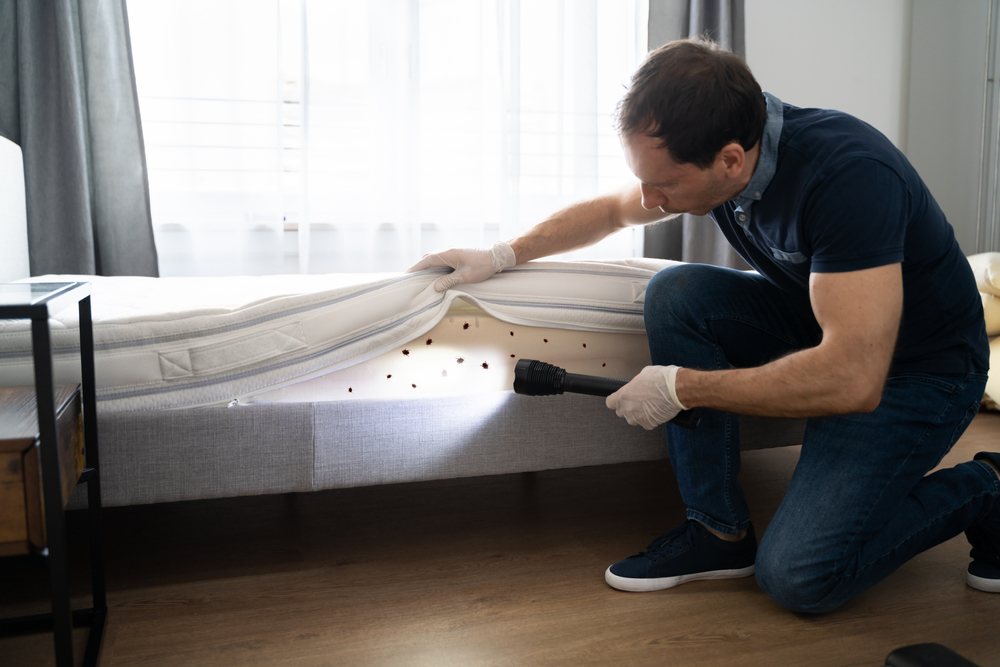
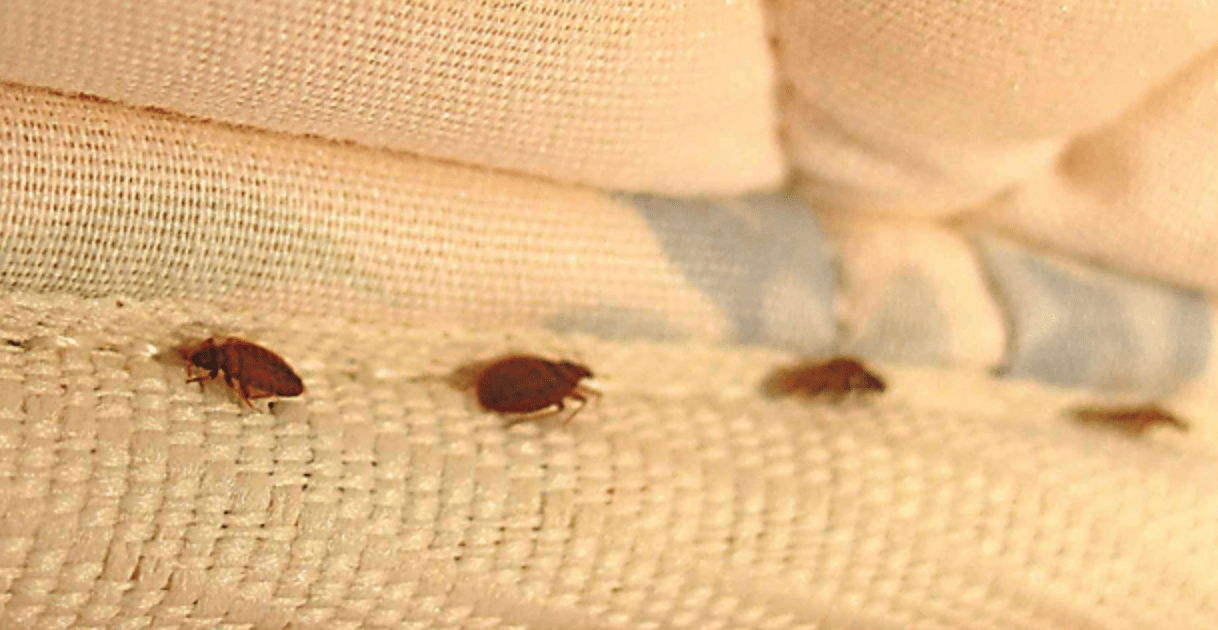
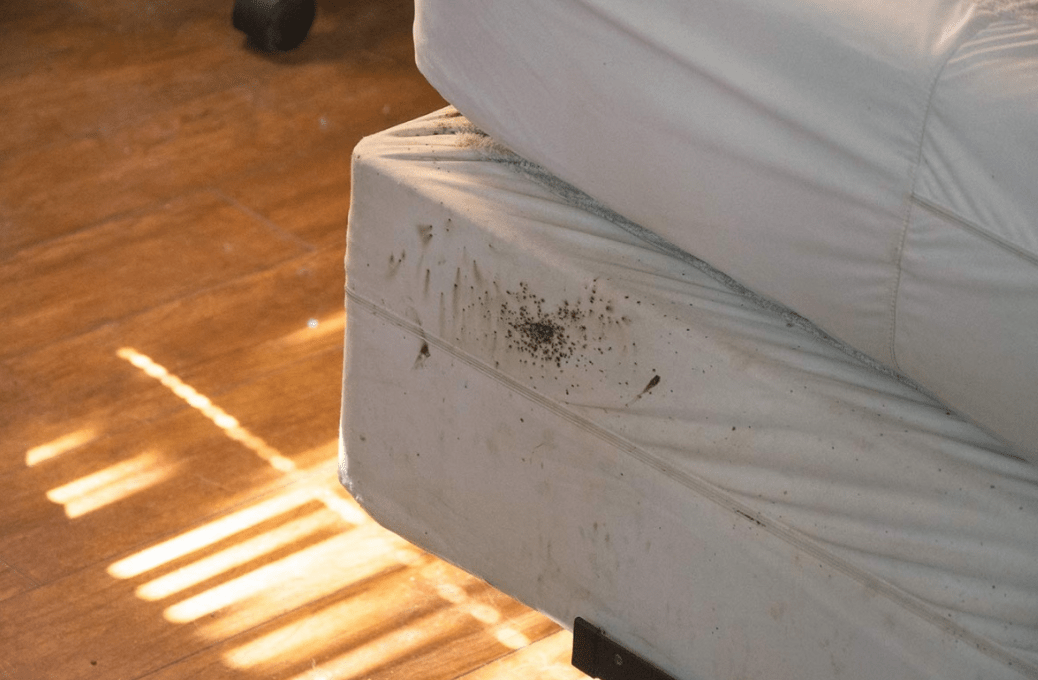
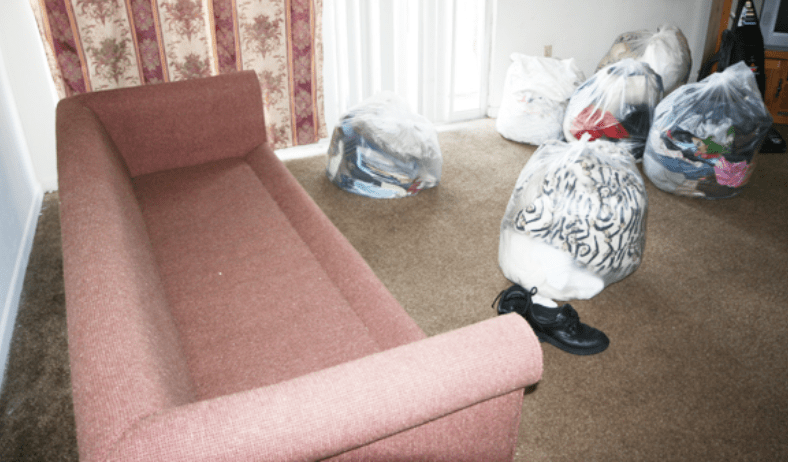


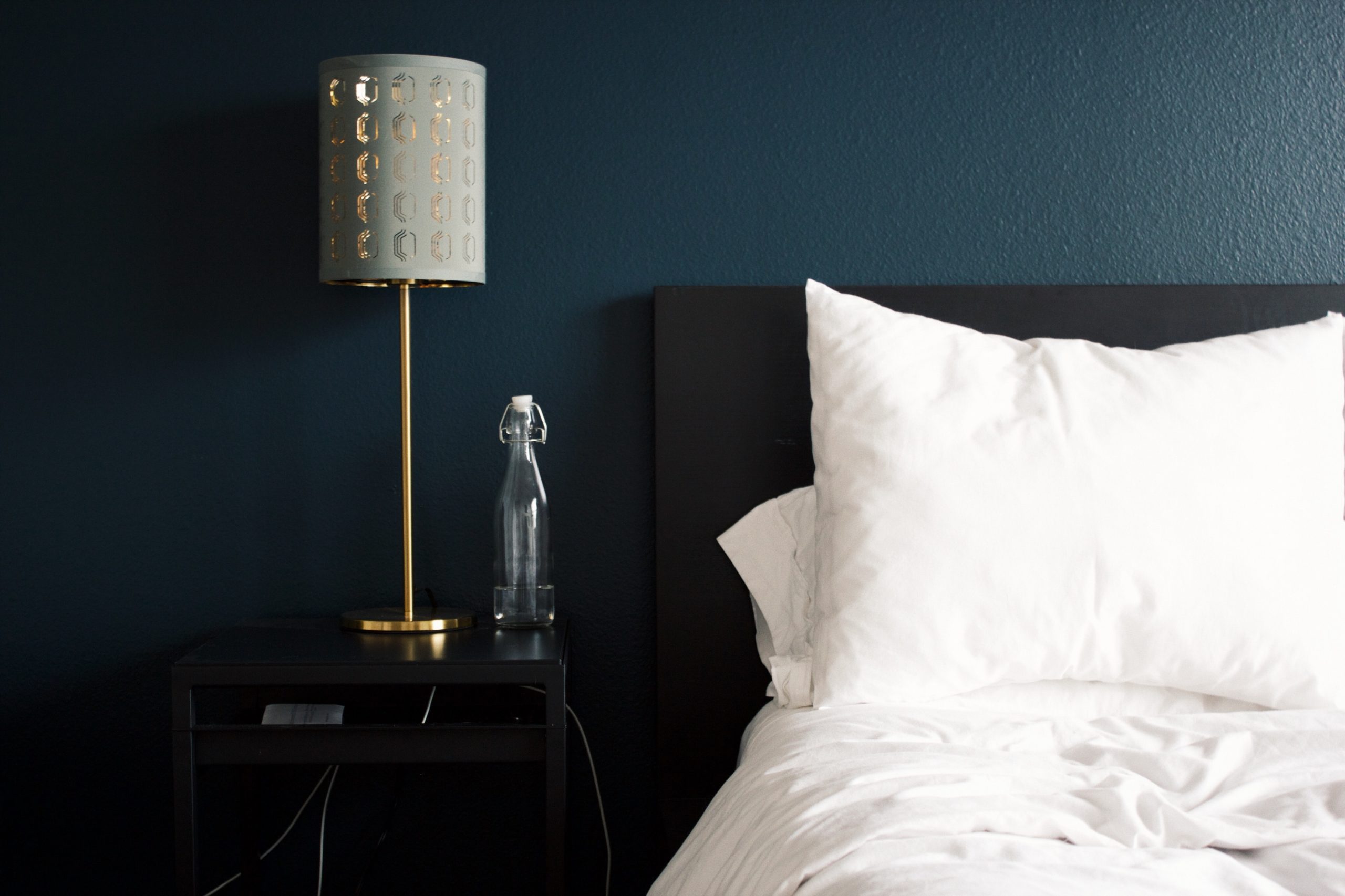


I want live comfortable in my apartment I’m so freak out about this bed bugs especially when the manager knew i had bed bugs I’m mentally and physically worn out my furniture.clothes are really no good i can’t sleep i need help as what to do
These bed bugs have been my whole body up I look really terrible skin looks so bad with all these sores and suck the phone help me with this matter please